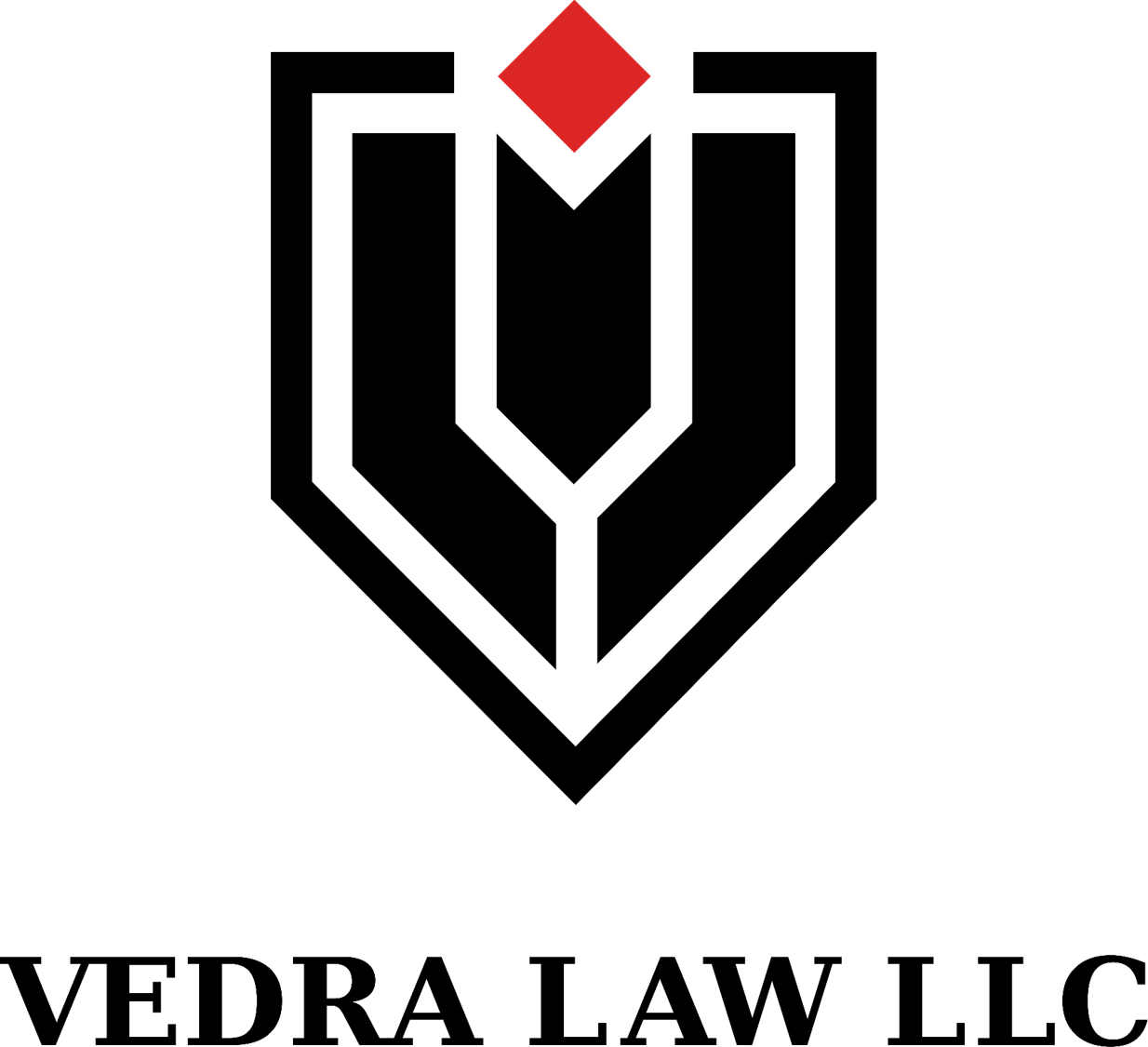The Fair Debt Collection Practices Act
Congress passed the Fair Debt Collection Practices Act (FDCPA) based on abundant evidence of the use of abusive, deceptive, and unfair debt collection practices by many debt collectors. Congress found that abusive debt collection practices contribute to the number of personal bankruptcies, to marital instability, to the loss of jobs, and to invasions of individual privacy. Vedra Law LLC sues debt collectors who violate the FDCPA.
Vedra Law LLC also has free resources to help you deal with debt collectors!
The fdcpa prohibits debt collectors from harassing, oppressing, or abusing any person in connection with the collection of a debt
Debt collectors are not permitted to harass you just because you owe a debt. Debt Collectors are not allowed to:
Threaten violence or criminal activity to collect a debt
Use profane or obscene language
Call a person repeatedly with intent to annoy or harass the person called
Call a person without meaningfully disclosing the debt collector's identity
A debt collector may not use false, deceptive, or misleading representations to collect a debt
A debt collector may not lie to collect a debt. The FDCPA prohibits the use of any false, deceptive, or misleading representation to collect a debt, including:
Misrepresenting the amount of any debt, including the amount due for interest
Falsely representing that a communication comes from an attorney
Threatening to take legal action that cannot be taken or is not intended to be taken
Threatening or implying that failure to pay a debt may result in imprisonment
Reporting incorrect information about the debt on a consumer credit report
Failing to report on a credit report that a disputed debt is disputed
Failing to inform the person that a communication is from a debt collector
A debt collector may not use unfair or unconscionable means to collect or attempt to collect any debt
A debt collector may not treat a consumer unfairly or use unconscionable means to collect a debt. This includs:
Collecting more than is allowed by law
Collecting more than is allowed by the agreement creating the debt
Threatening to take non-judicial action to take property if there is no right to take the property





